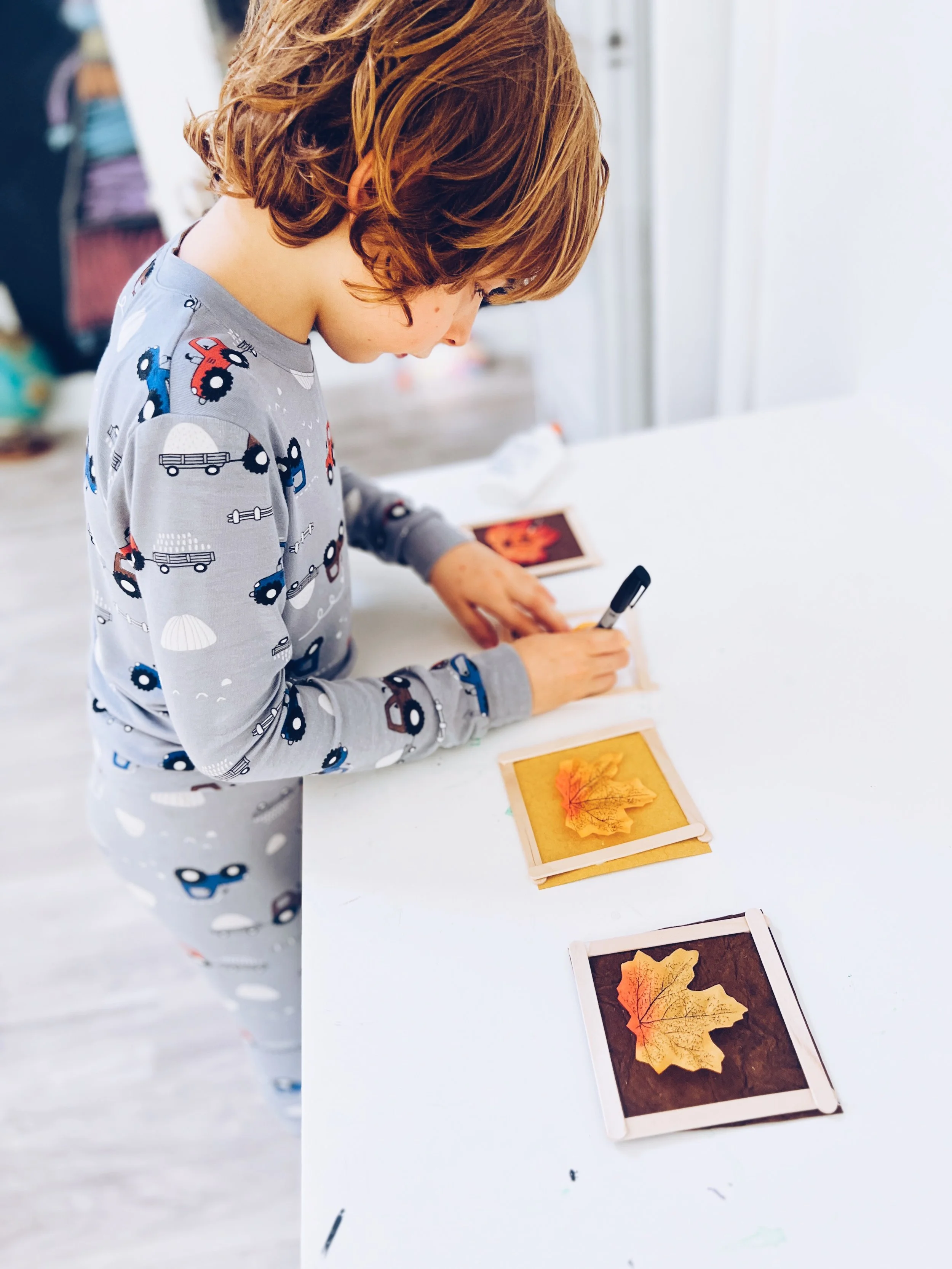PDA (Pathological Demand Avoidance) and how to make a difference
Pathological Demand Avoidance (PDA)
Understanding Pathological Demand Avoidance (PDA)
Pathological Demand Avoidance (PDA) is a nervous system disability—not a behavioral issue. Individuals with PDA, whether children or adults, experience an intense neurological need for autonomy. This often shows up as avoidance of everyday demands—not because they are unwilling, but because their nervous system perceives those demands as threats to their sense of safety and control.
This avoidance is not rooted in defiance or disobedience. It is a protective and involuntary response from a highly sensitive nervous system. When a demand triggers this threat response, the body may shift into fight, flight, freeze, or fawn, making it distressing or even impossible for the individual to comply. It is a regulation issue, not a discipline one.
Our Approach at Mustard Seed
At Mustard Seed, we believe that autonomy is not a privilege—it is a need. For individuals with PDA, being treated with equality, dignity, and respect is essential to regulation and wellbeing. We foster a culture where collaboration is valued over compliance, and every child is supported as a whole person.
In our spaces, we:
Prioritize emotional safety through low-demand, high-trust environments
Support autonomy by inviting—not imposing—engagement
View children as equals in relationship, not subordinates to be managed
Embrace declarative language, a pressure-free communication style that invites curiosity rather than control
Center our work in co-regulation—the shared experience of safety, attunement, and calm between child and adult
Example:
Instead of “Put your shoes on,” we might say,
“I noticed it’s getting cooler outside. I’m grabbing my jacket.”
This allows a child to engage without feeling coerced—preserving their autonomy while remaining connected.
Our Mission
To raise awareness of Pathological Demand Avoidance (PDA) and empower families with the tools to support PDA individuals through nervous system-informed care.
To create inclusive, respectful environments that prioritize:
Emotional safety
Equal partnership between child and adult
Autonomy and choice
Connection and co-regulation over compliance
💛 Our Belief
We believe that when children with PDA are given:
Respect for their autonomy,
Environments that reduce pressure, and
Adults who seek to understand rather than control,
They begin to trust, to connect, and to thrive—on their own terms, in their own time.


